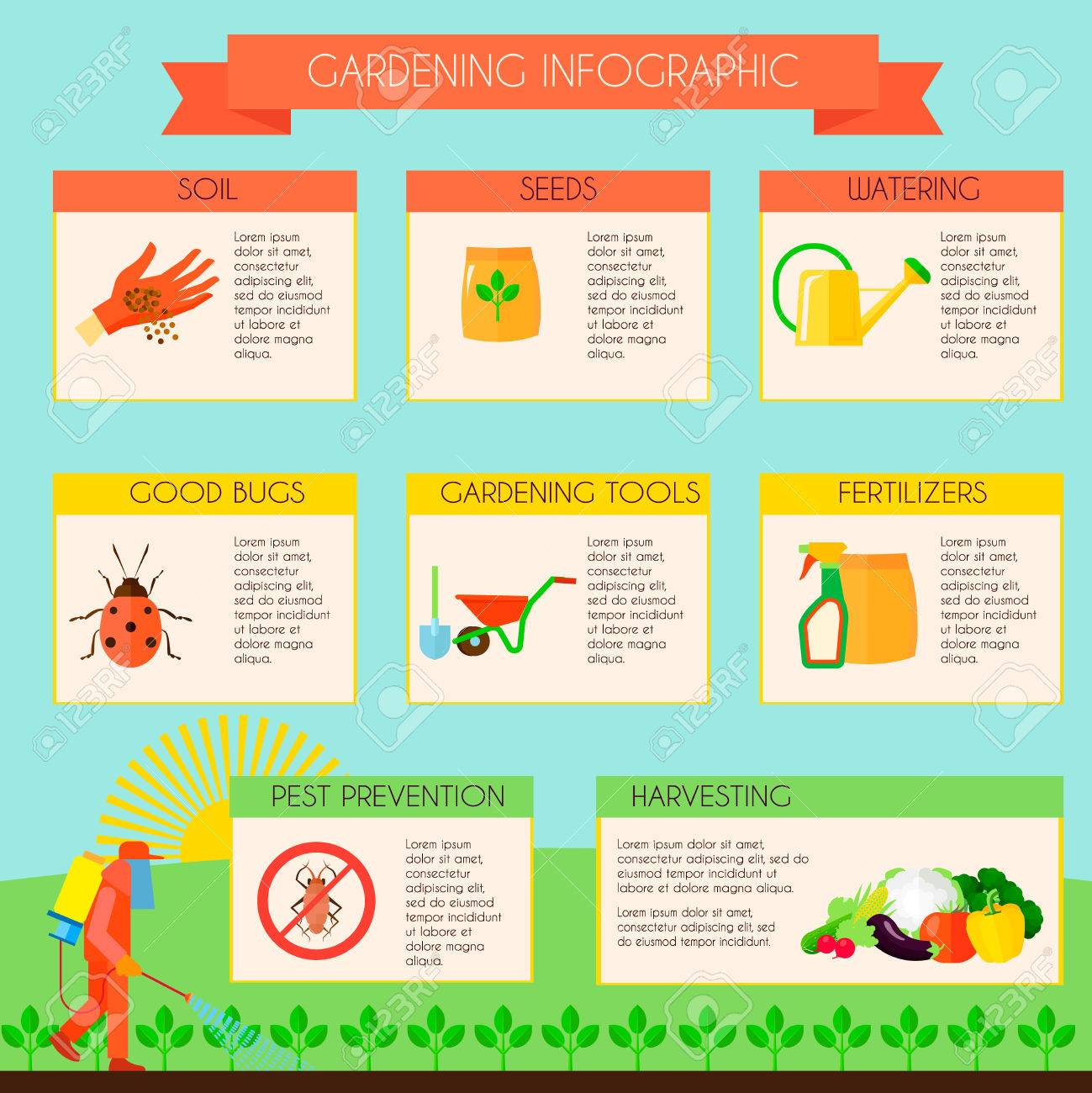Protect Your Yard From Pests: Advice For Keeping Unwanted Intruders Away
Protect Your Yard From Pests: Advice For Keeping Unwanted Intruders Away
Blog Article
Short Article By-Thorpe Merritt
Visualize your garden as a haven, a location of serenity and beauty. Nonetheless, the presence of exterior parasites can quickly interrupt this idyllic picture. What if there were basic yet reliable ways to maintain these undesirable visitors at bay and protect your garden oasis? By complying with a couple of practical ideas and applying natural techniques, you can develop a harmonious outside room where your plants can thrive undisturbed.
Natural Insect Deterrents
To maintain pests away from your yard normally, plant aromatic herbs like mint and lavender. These aromatic plants not only add beauty to your yard however also work as efficient pest deterrents. Parasites like mosquitoes, flies, and even some garden-damaging pests are pushed back by the solid scents discharged by these herbs. Just putting them strategically around your yard can aid create an all-natural obstacle versus unwanted pests.
In addition to mint and lavender, think about planting other herbs like rosemary, basil, and lemongrass to even more boost your yard's pest-proofing abilities. a knockout post function as natural repellents yet additionally have the added advantage of working in food preparation or crafting home made solutions.
Strategic Plant Placement
Take into consideration the design of your yard and the types of plants you have to purposefully position them for optimum pest-proofing effectiveness.
Beginning by grouping plants with similar resistance to parasites with each other. By doing this, you can create a natural barrier that hinders pests from spreading out throughout your garden.
In addition, putting pest-repelling plants like marigolds, lavender, or mint near more vulnerable plants can help safeguard them. https://beauoidyr.ourcodeblog.com/26706733/eco-friendly-bug-control-solutions-a-pest-free-home-without-damaging-the-setting , such as sunflowers or corn, can function as a shield for shorter plants against pests like bunnies or ground-dwelling pests.
Remember to leave enough area in between plants to enhance air blood circulation and decrease the threat of diseases that pests might lug.
Furthermore, consider planting strong-smelling herbs like rosemary or basil near at risk plants to puzzle insects' senses and make it harder for them to find their targets.
Reliable Parasite Control Methods
For combating garden bugs properly, applying a multi-faceted bug control method is essential. Beginning by encouraging all-natural predators like birds, ladybugs, and praying mantises to help maintain parasite populaces in check. Presenting https://www.boston.com/news/local-news/2023/02/24/mass-wildlife-rescue-center-warns-of-increase-in-rabid-and-otherwise-sick-animals/ that draw in these helpful bugs can aid in insect control. Additionally, practicing great yard hygiene by removing debris and weeds where bugs may hide can make your yard less hospitable to unwanted visitors.
Consider making use of physical barriers such as row cover materials or netting to protect at risk plants from bugs like caterpillars and birds. Using organic chemicals like neem oil or insecticidal soap can also work versus specific pests while being much less damaging to useful bugs and the setting. It's essential to revolve your plants each period to avoid the accumulation of pest populations that target certain plants.
On a regular basis evaluate your plants for indications of bug damages so you can do something about it immediately. By combining these methods and remaining attentive, you can properly manage garden bugs and appreciate a successful, pest-free yard.
Verdict
So, there you have it - with the best approaches, you can maintain pesky outside bugs away from your garden and aid your plants thrive.
Did you understand that planting mint has been revealed to ward off insects and other insects, minimizing the need for dangerous pesticides by approximately 60%?
By integrating natural deterrents and smart growing methods, you can create a beautiful and pest-resistant yard sanctuary for you to enjoy.
